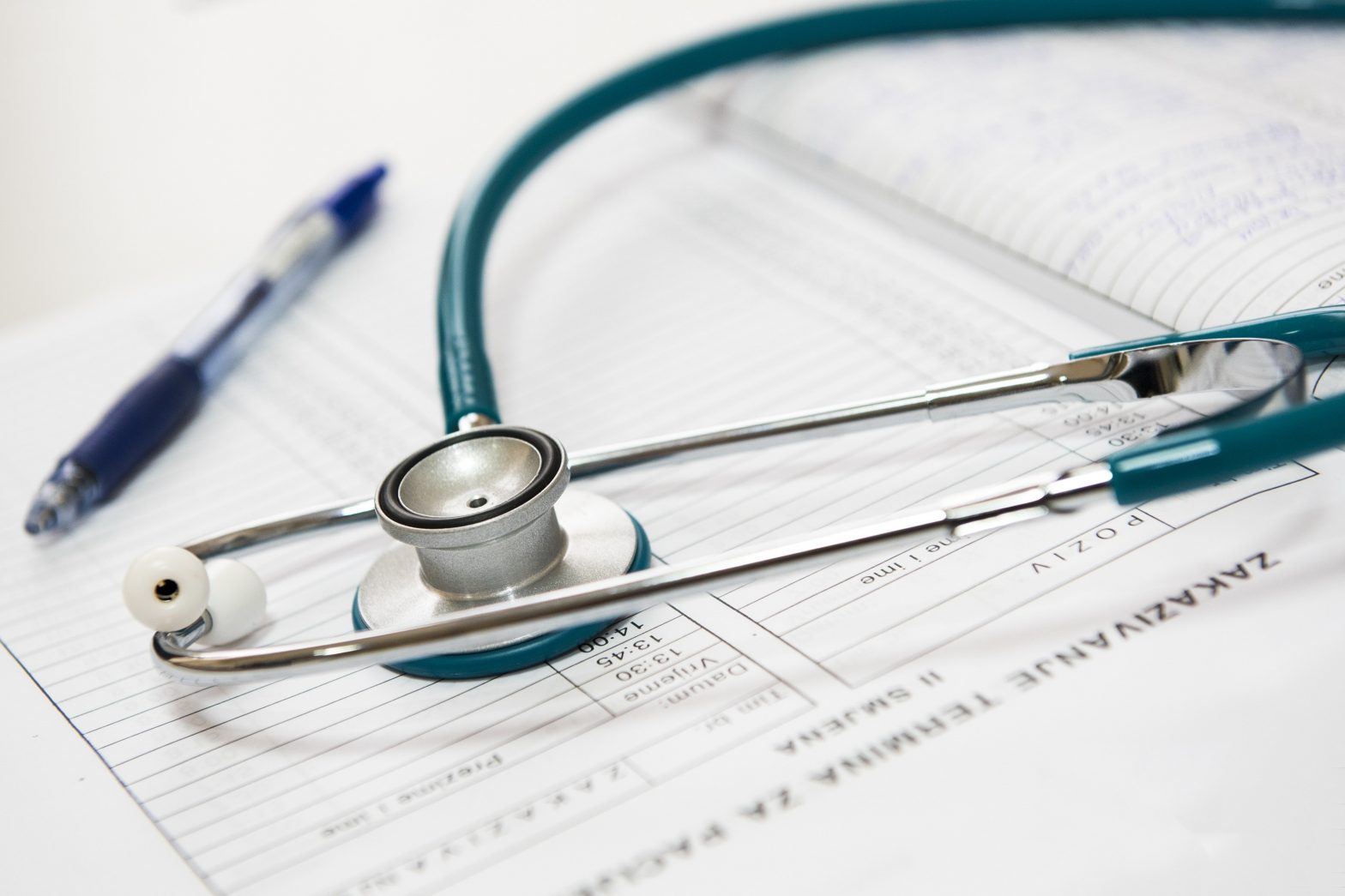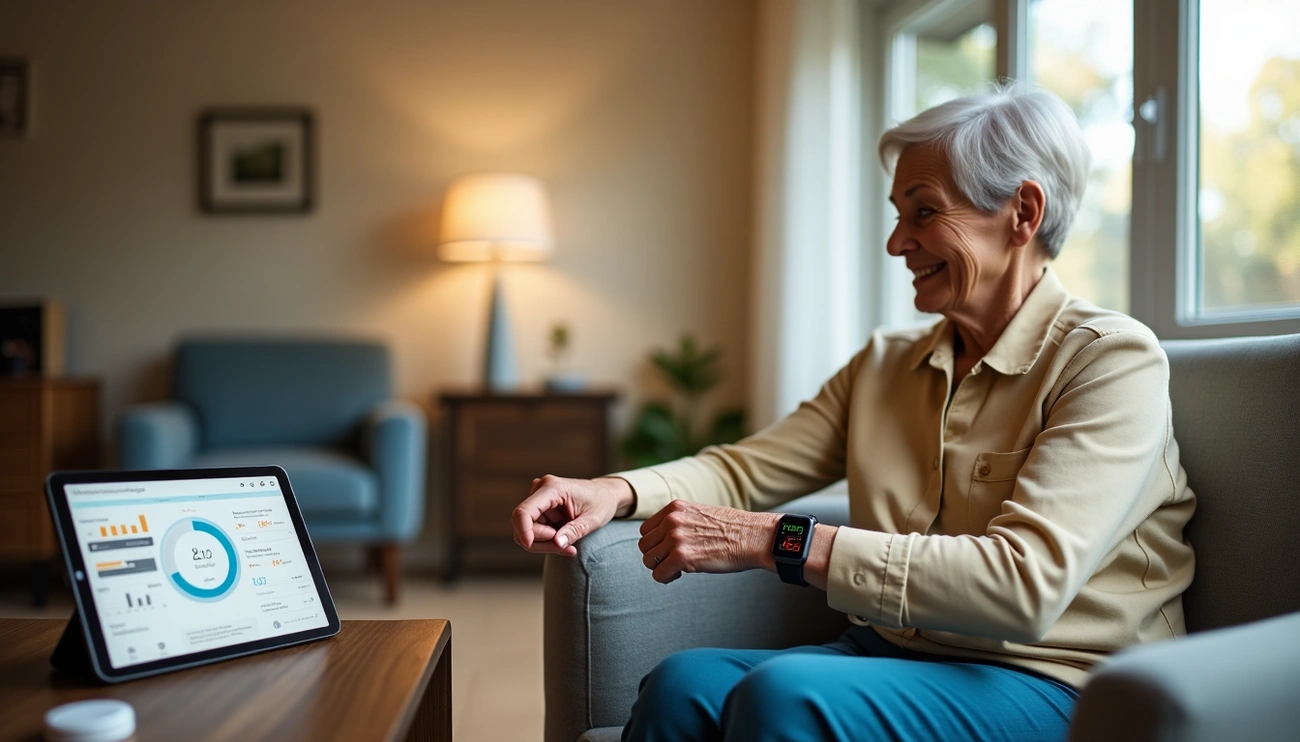Personal Injury
“Personal Injury” is physical damage to your body. If you are like most Americans, you will probably be involved in an auto accident at some time in your life. Fortunately, few of us are routinely involved in such accidents, but that means that most people are not sure what to do or how to handle themselves when an automobile accident does happen.
These are the recommended steps to take if you have been in an automobile accident:
If you are injured or if there are other injuries:Obtain immediate help by calling 9-1-1 or get someone to make that call for you. Regardless of the situation or who may be at fault, such matters are not relevant when serious injury or life is at stake. This isn’t just the right thing to do, it’s the law and you could find yourself in trouble if you ignore human health or safety for any reason.
If there are no immediate health or safety issues:
- Report the accident to the police immediately and do not leave the scene of the accident. It doesn’t matter if there was any material damage to either vehicle, whose fault it was, or if you are in a hurry. If you leave the scene of the accident without report the accident to the police, you leave your fate in the hands of the other driver and you could be in violation of the law.
- Be nice! Don’t make accusations or threats. The accident has already happened and there is nothing that will change that including trying to place blame or getting nasty. Doing so could actually backfire on you and in cases where there is some doubt regarding the specific circumstances, a reporting police officer that doesn’t like you could easily give the benefit of that doubt to the other person.
- Obtain the names, addresses and phone numbers of all drivers involved in the car accident. Obtain each driver’s car insurance company’s name and policy number. Also, the telephone number of the insurance company would be helpful. Most police officers will collect this information as part of the police report, but having your own copy won’t hurt.
- Cooperate with the police in preparing an accident report. This is important. Directly answer the officer’s questions, but don’t elaborate and keep emotion out of it. You never know how some statements may be taken and changing the accident report later will be difficult if not impossible.
- Even if you are quite sure that the accident was your fault, it is never wise to say so. You may not know all the facts. If the other driver is intoxicated or had mechanical trouble, these facts may have contributed to the accident.
- Photograph the exterior and interior of the vehicles involved in the accident. This may be difficult to do with the other vehicle if you don’t have a camera handy at the time of the accident. If the other vehicle will be towed away, this information can be gotten from the police officer and you can go to the tow site to take those pictures. Pictures can be of extreme advantage if the other party tries to claim damage or additional injury that isn’t justified.
- If you are having any pain, be sure to see a physician without delay. Documenting your injuries will be important in any insurance settlement, whether it is with your insurance company or that of the other driver.
- Photograph your injuries. The bruises and cuts may heal; however, the tissue beneath the skin may not completely heal. Photographs of your bruises and cuts will support the magnitude of the injury.
- Get legal advice before filling out insurance documents or giving recorded statements to any insurance company (even your own insurance company) or meeting with any insurance company representative.
- Gather all automobile insurance policies in your household for evaluation by an attorney. You may be entitled to insurance coverage for a separate insurance policy.
- Get legal advice before signing any check or document from any insurance company.












